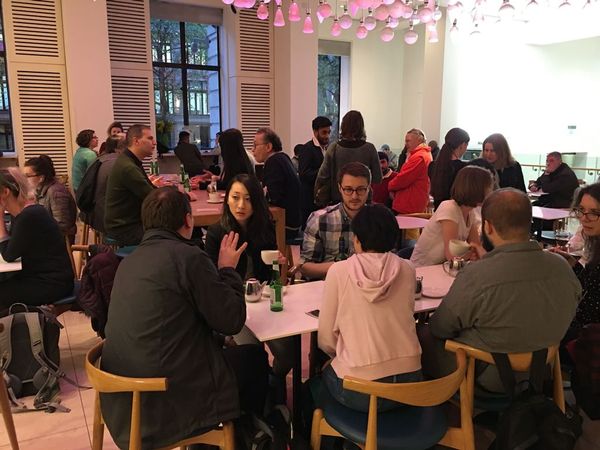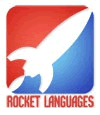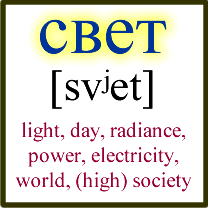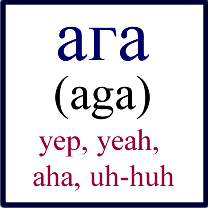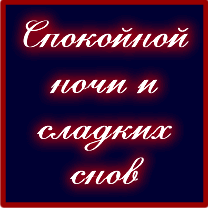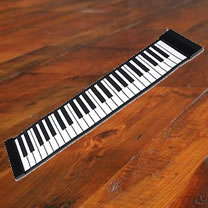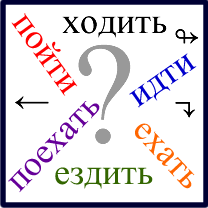
In English you can use the verb to go to indicate any kind of travel – it doesn’t matter if you’re going on foot, by bicycle, car, bus, train, boat or plane. There are other verbs you can use: walk, stroll, hike, cycle, drive, travel, sail, fly, etc, but you can also just use go.
In some other languages the verbs you use for motion depend on how you are going. In German, for example, gehen is used when you go by foot, and fahren is used when you use some form transport, such as a car, train, bus or bicycle.
Other German words for motion include:
– reisen = to travel
– fliegen = to fly
– laufen = to run, to go, to walk
– spazieren = to stroll, to strut
– spazieren fahren = to go for a drive, ride or run
– spazieren führen = to take sb for a walk
– spazieren gehen = to go for a walk or stroll
– schreiten = to stride, walk, proceed, strut, stalk
– wanderen = to wander, roam, drift, ramble, hike
– führen = to sail, carry, fly, pilot, take, lead
The German word fahren comes from the Old High German faran (to proceed, go, travel), from Proto-Germanic *faraną (to go, travel), from the Proto-Indo-European *per- (going, passage), which is also the root of the English words fare and ferry, and related words in other Germanic languages.
In Russian you have to think not only about how you are going, but also whether you’re coming back or not. There are two main verbs for to go, each of which has several aspects:
– ходить/идти (пойти perf) = to go (on foot), to move; to wear (smth); to go (to), attend, visit; to run (trains, ships); to work, run (clocks); to lead, play, move (in games); to tend, take care of, nurse.
– ездить/ехать (поехать perf) = to go (by horse or vehicle), to ride, to drive; to come; to visit; to travel
Ходить and ездить are the indeterminative imperfective aspects. They are refer to repetitive or recurring activity that may or may not occur on a given path.
Идти and ехать are the determinative imperfective aspects. They are refer to a single activity at a single time, along a single path.
Here are some related expressions and examples of usage:
– Татьяна уже пошёла в школу = Tatiana already went to school (Perfective)
– Татьяна идёт в школу = Tatiana is going to school (Determinative imperfective)
– Татьяна ходит в школу (пять дней в неделю) = Tatiana goes to school (five days a week) (Indeterminative imperfective)
– Ходи́ть пешко́м = to walk, to go on foot, to hike
– Ходи́ть го́голем = to strut
– Ходи́ть босико́м = to go barefoot
– Ходи́ть вперева́лку/вразва́лку/вразва́лочку = to waddle
– Ходи́ть на лы́жах = to ski
– Ходи́ть на цы́почках = to tiptoe
– Ходи́ть в похо́д = to hike
– Часы́ не хо́дят = The watch doesn’t work
– Поезда́ сего́дня не хо́дят = There are no trains (running) today.
– Идём в кинотеа́тр = Let’s go to the cinema.
– Идёт дождь = It’s raining.
– Идёт снег = It’s snowing.
– Он часто ездит в Китай = He often goes to China.
– Сегодня вечером мы идём танцевать = We’re going dancing tonight.
– Пойдем на пляж = Let’s go to the beach.
– Я люблю ходить пешком = I like walking
– Мы ходили в паб = We went to the pub.
– Ты пойдёшь завтра гулять? = Will you go for a walk tomorrow?
– Она ездила в Петербург на машине = She went to St. Petersburg by car.
– Они будут ехать домой на поезде = They will be going home by train.
Other verbs of motion in Russian include:
– Бегать / Бежать = to run
– Бродить / Брести = to stroll
– Гонять / Гнать = to drive
– Лазить / Лезть = to climb
– Летать / Лететь = to fly
– Плавать / Плыть = to swim, to sail
– Ползать / Ползти = to crawl
– Возить / Везти = to transport, to carry (by vehicle)
– Носить / Нести = to carry, to wear
– Водить / Вести = to lead, to accompany, to drive (a car)
– Таскать / Тащить = to drag, to pull
More about Russian verbs of motion
Sources: Wiktionary, Reverso, Russianlessons.net
